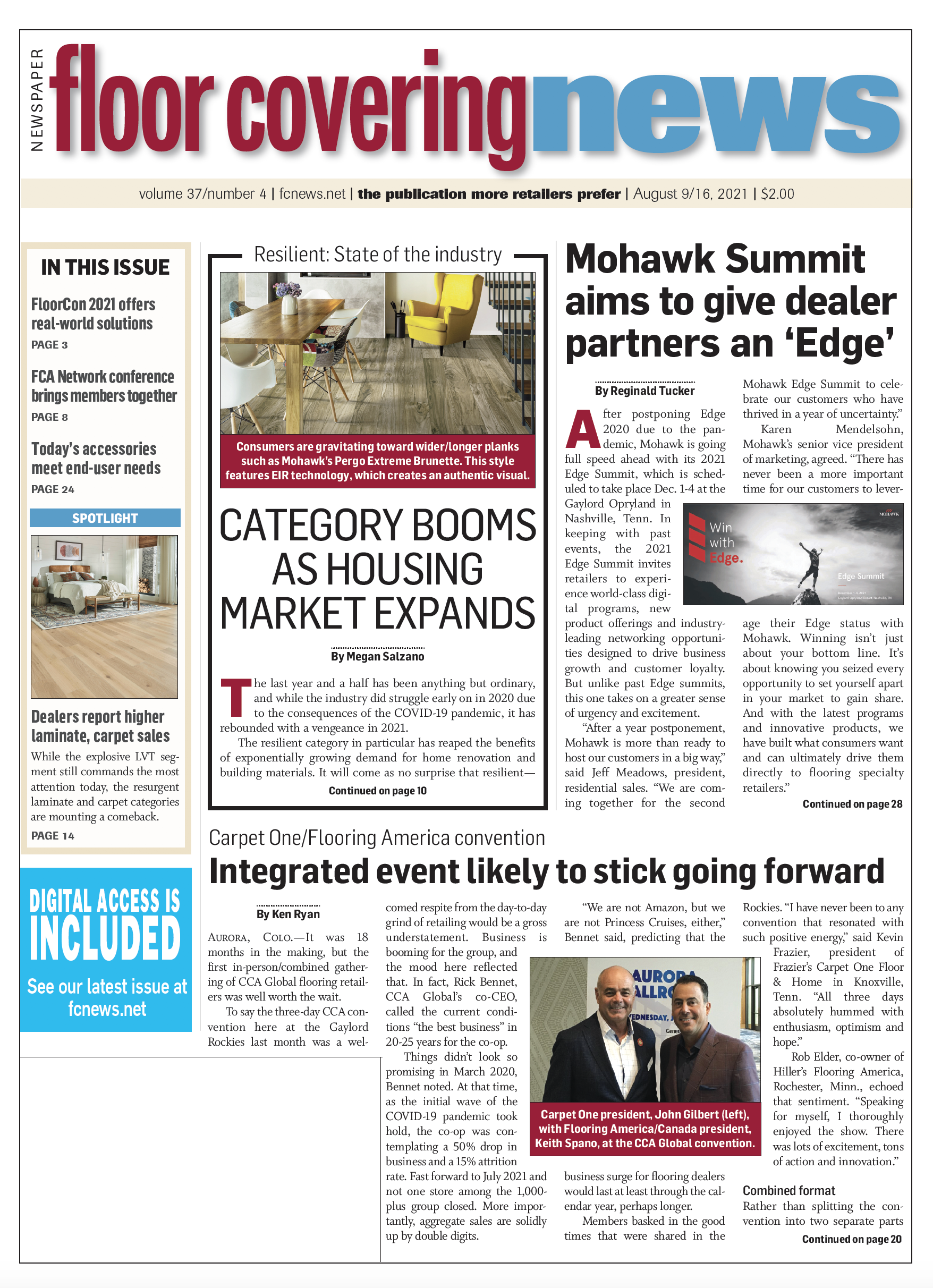 By Steven Feldman I have a few questions for you. Have you noticed that the service you receive in restaurants these days has taken a significant step back? Are you finding the stores you frequent are opening an hour or two later or closing an hour or two earlier? Have you tried to stop into a local establishment on a Saturday or Sunday, only to find it currently closed on weekends? Are you having a hard time filling what would be considered lower-paying jobs, like warehouse personnel?
By Steven Feldman I have a few questions for you. Have you noticed that the service you receive in restaurants these days has taken a significant step back? Are you finding the stores you frequent are opening an hour or two later or closing an hour or two earlier? Have you tried to stop into a local establishment on a Saturday or Sunday, only to find it currently closed on weekends? Are you having a hard time filling what would be considered lower-paying jobs, like warehouse personnel?
If you’re like me, you’re probably getting somewhat frustrated. Things we have always taken for granted have disappeared for the time being. It’s not the “new normal,” trust me; it’s just the current state of affairs. Please don’t blame COVID-19. Please don’t blame the Delta variant. The economy is coming back just fine. The culprit may very well be the extended unemployment benefits as part of the CARES Act, which will hopefully expire after Labor Day. (Now, this is not meant to be a political column. It’s simply stating the facts.)
Retail and restaurants are having a hard time finding workers right now, as are many other industries that employ lower-salaried personnel. The labor shortage is not due to so many workers quarantining at home with a case of COVID-19. If anything, they’re quarantining on the beach with a case of an extra $300 a week on top of their normal unemployment benefits. This despite what is estimated to be at least 9 million open jobs.
Who can blame them? Two people have told me they are making almost as much money right now as they were when they were working. A side job here, a side job there and it could even be more money.
Dustin Aaronson, Krystal Bates and I lunched at one of our favorite restaurants a couple of weeks ago. The service was abysmal. Dustin angrily called the manager over. He apologized profusely and simply said, “We can’t get anyone to work. We’re just pulling bodies off the street. This should change in another month.” Then he bought us a round of drinks.
I recently was in Puerto Rico. Many restaurants were either closed Mondays and Tuesdays or shut their doors at 8 p.m. We found one four-star place that supposedly had a 9 p.m. availability. When we arrived, I was told they didn’t have our reservation. When I showed the confirmation, we were seated reluctantly. The manager came over and informed us it would be a 90-minute wait. Apparently there was a problem in the kitchen. Was there a fire? Nope, just no one to cook the food. “The government here is paying people to stay home,” the manager said.
There’s a restaurant in Florida I visit often: Rocco’s Tacos. The outpost in Palm Beach Gardens closed in late November because of a fire. They wanted to reopen by Cinco de Mayo. It took until July. Why? “We’ve been hiring for a week and we’ve had three people come in,” the owner said.
The weekly coronavirus unemployment benefits of $275 from the state of Florida and $300 from the Federal government were his biggest obstacles to hiring. “When you pay people to stay home, these are the consequences.”
If I needed to go to the mall, I’d try and get there when they first opened at 10 a.m., or maybe after the gym, somewhere between 8 p.m. and 9 p.m. That’s not happening these days. Nor is helping my 84-year-old mother with her banking issues on a Saturday.
Flooring manufacturers and retailers have been lamenting for months that they can’t fill open positions. Suppliers are frustrated with the labor shortages at the ports. Ironically, there are some that are actually calling for an extension of the benefits. Twenty-six states have cut off benefits, calling them an “impediment to people returning to the work force,” where many jobs are waiting, admittedly some not so glamorous.
Some people believe the answer is to simply pay people more money. But one hardwood flooring executive recently told me that if you overpay people now, you can’t cut their wages when the extended benefits end. His competitors who don’t overpay will eventually be at a cost-competitive advantage in terms of labor.
This should all end in a few weeks. But it raises another point: We have probably been taking these people who fill lower-paying jobs for granted. You go into a restaurant and the only person you interact with is your server. You hardly ever think about the cooks and busboys. It took a pandemic and an incentive to not work for them to be appreciated.
Same thing with the people who work in retail. Or at the ports. Or in your warehouse. Or anywhere you’ve witnessed a disruption. These people play important roles. Think about that the next time you walk into a restaurant past 8 p.m., your table is clean and your food comes out just as you ordered it. Just sayin’.

